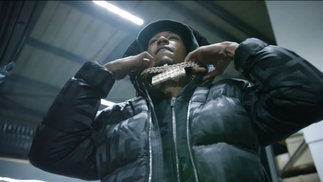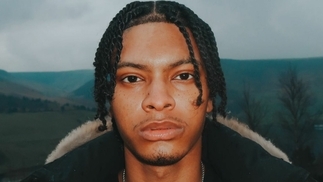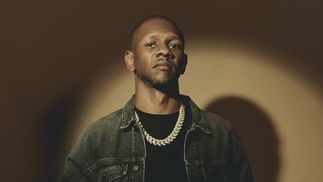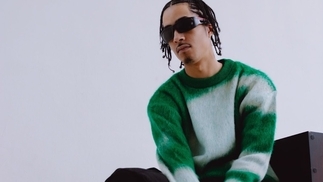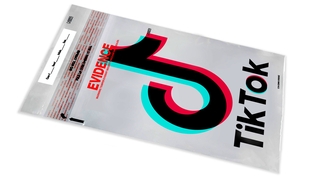UK drill music videos can now be used as evidence in court, CPS rules
The Crown Prosecution Service said drill videos can be submitted to connect suspects to gang-affiliated offenses and provide additional context in criminal cases
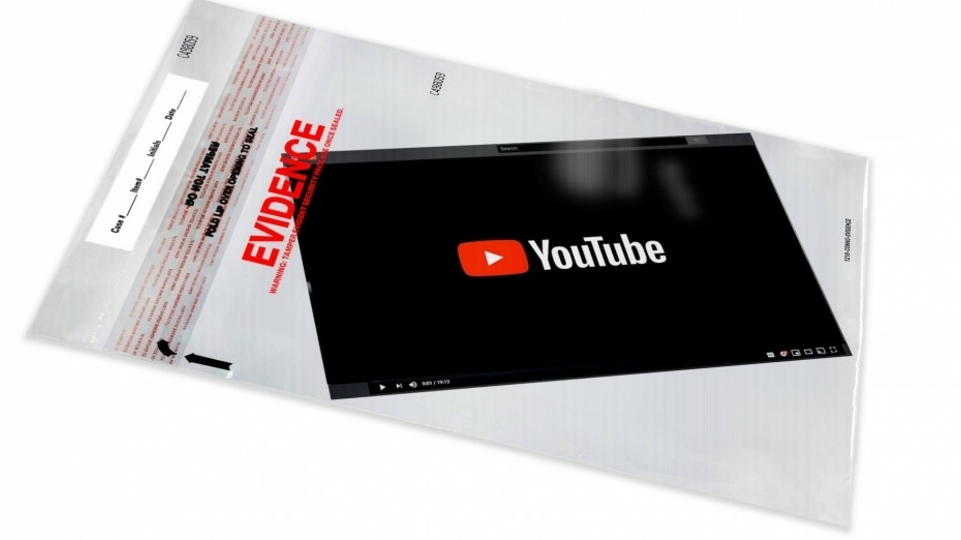
UK drill artists' music videos can now be submitted as evidence in court, the head of the Crown Prosecution Service (CPS) said.
i News reports the videos will be "admissible evidence for a jury to consider" to connect suspects to gang-affiliated offenses, prove the "modus operandi of an attack", and provide further possible context, according to the Director of Public Prosecutions Max Hill QC.
"Drill music, by its nature, is supposed to shock, but it is not a crime and you have to put proper weight on that," Hill said at the launch of CPS' new West Midlands unit. "What police officers, if anything, are [telling the court] is, 'I've listened to it many times over, I can tell you what is being said; I can make a suggestion to what drug is being referred to.'"
In a press statement on CPS' website, CPS describes an instance when drill music videos could be used as evidence when suspects deny having gang affiliations. "If the defendant appeared in the same drill video as co-defendants, prosecutors would consider whether it was vital evidence of association that a jury should hear," it reads.
This further entrenches the courts' and police's focus on drill music. The use of drill lyrics as evidence in courts is ongoing, and London's Metropolitan Police have developed a working relationship with YouTube to submit an increasing number of drill music video takedown requests.
Birmingham City University criminologist Dr. Mohammed Rahman told i News, “If you look at the creativity behind drill in some cases you will find a particular incident, be it a description of violence or otherwise, is open to interpretation.
"A case can be made for a particular piece of music that contributed towards mapping and understanding where a crime took place. But there are serious concerns about deciphering lyrics, be it drill or otherwise, by so-called experts who have worked on a few cases... It has more consequences than we can imagine."
In Kamila Rymajdo's in-depth feature on Manchester-based research project Prosecuting Rap from 2020, she spoke to Abenaa Owusu-Bempah, an Assistant Professor of Law at the London School of Economics about UK criminal trials' growing use of drill lyrics and videos. "When it comes to assessing the relevance of the evidence to the case, the courts often do so without considering that rap is an art form or the conventions of the music," Owusu-Bempah said. “...The risk is that juries will attach far more weight to the evidence than it warrants, and the great danger which could then result is wrongful convictions.”
In January, the CPS said it would review the use of drill lyrics in UK criminal trials via a "listening exercise" involving researchers, barristers, youth groups and campaign workers, although there's been no update since.

